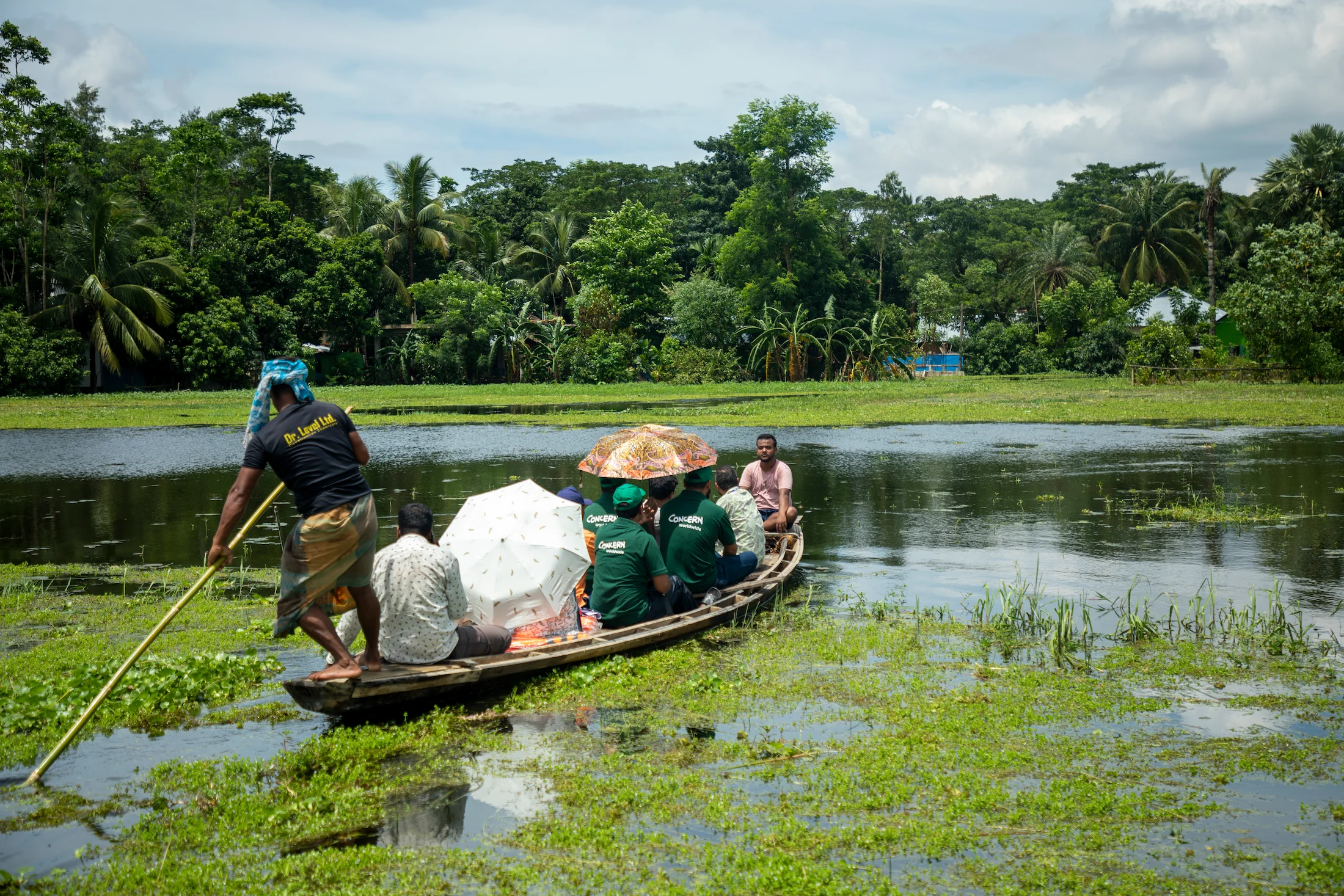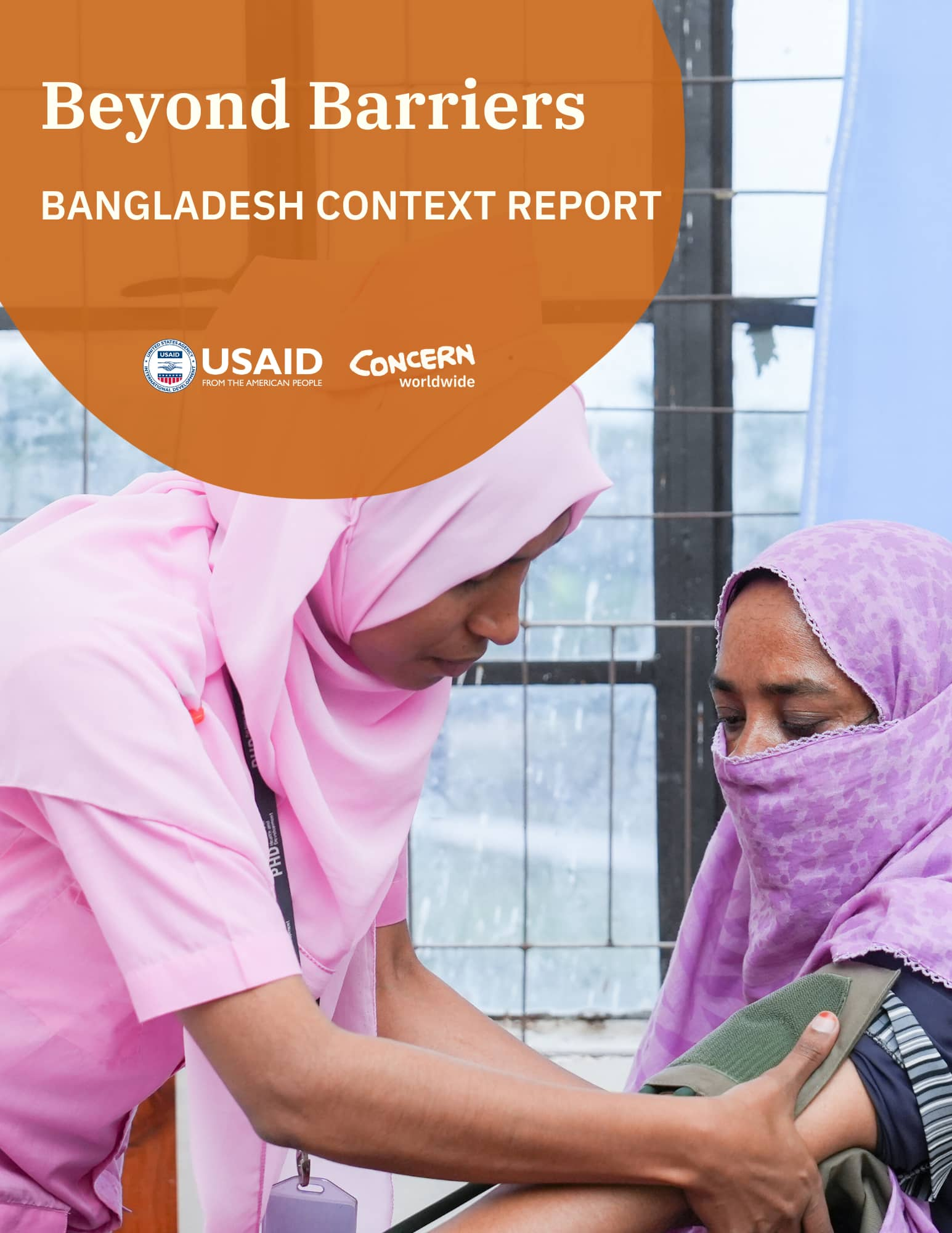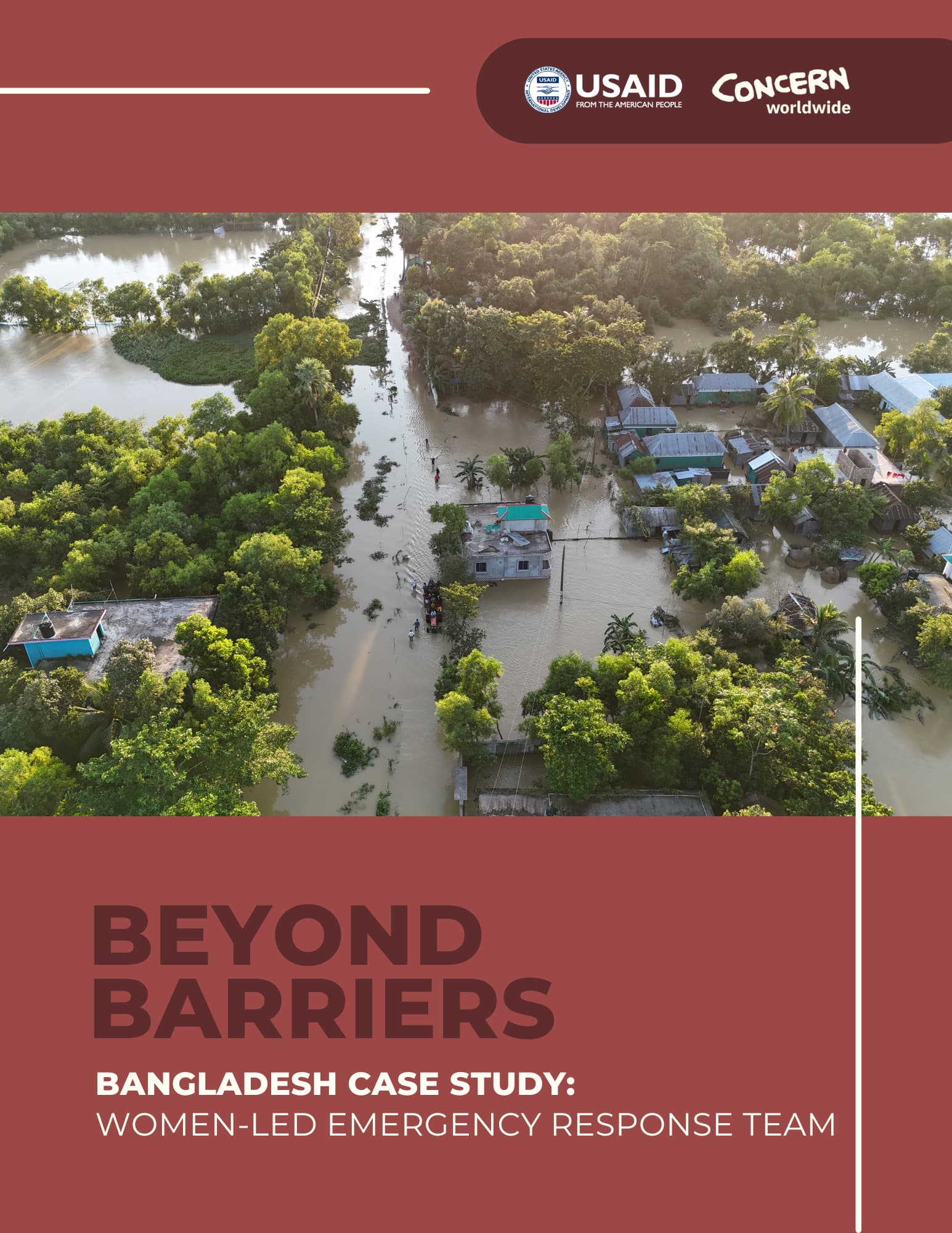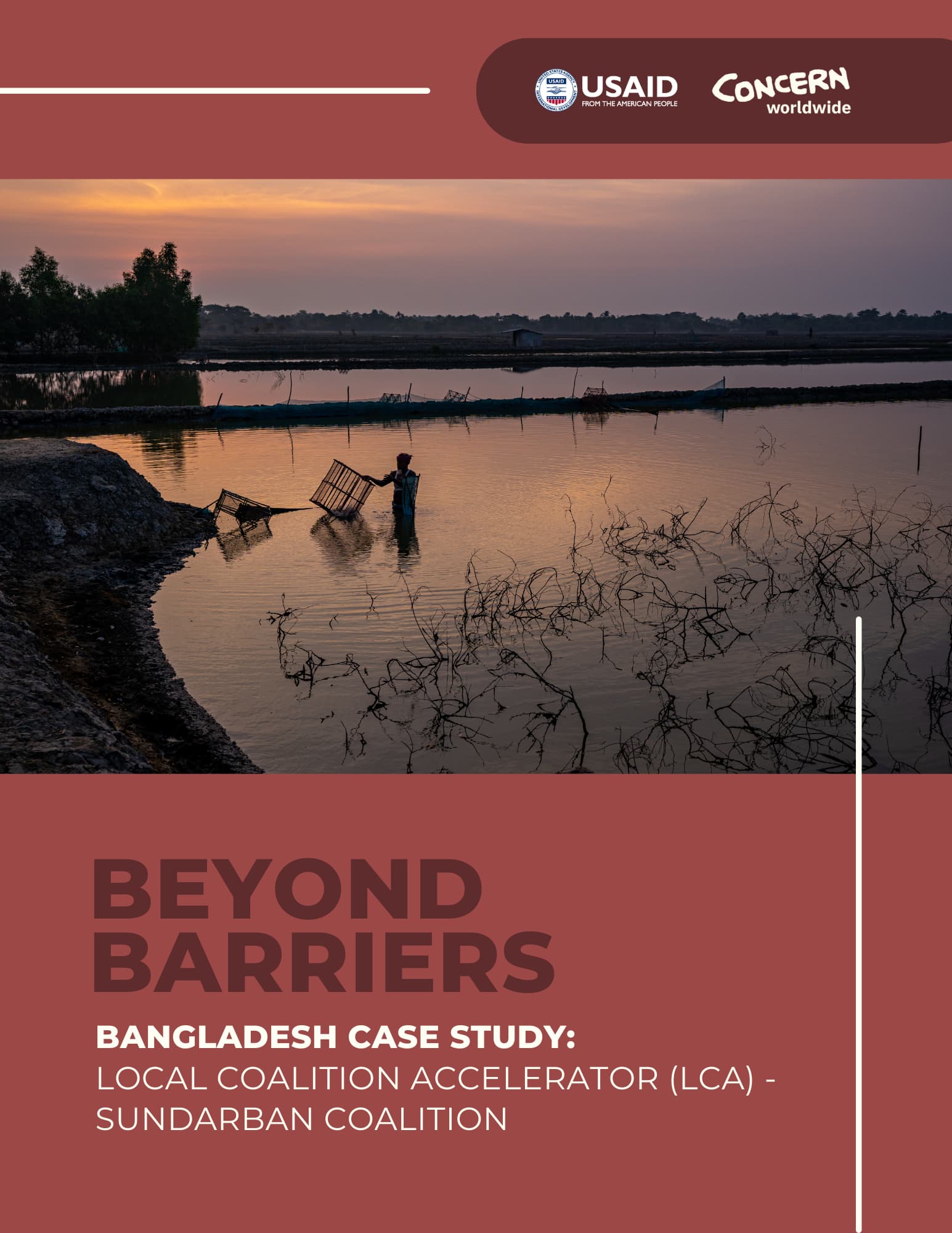Bangladesh is widely regarded as one of the most vulnerable countries to climate change. This is due to its geographical location, low-lying terrain, and dense population. Climate change has exacerbated the frequency and intensity of climate-induced disasters in the country. Every year, Bangladesh faces various climate-induced disasters such as floods, cyclones, tornadoes, droughts, and landslides.
Uniquely, Bangladeshi society has a robust tradition of civil society and humanitarian action, especially evident since the Great Cyclone of 1970, and the subsequent 1971 Liberation War, which saw a surge in home-grown self-help groups for relief, rehabilitation, and development. Today, Civil Society Organizations (CSOs)—including National NGOs (NNGOs) and Local NGOs (LNGOs), and sometimes here referred to as Local and National NGOs (L/NNGOs)—are estimated at 250,000 with around 50,000 legally active. They vary from philanthropic groups to citizen coalitions and private agencies, focusing on underserved populations, empowerment, advocacy, and service provision.
Our Partner in Bangladesh
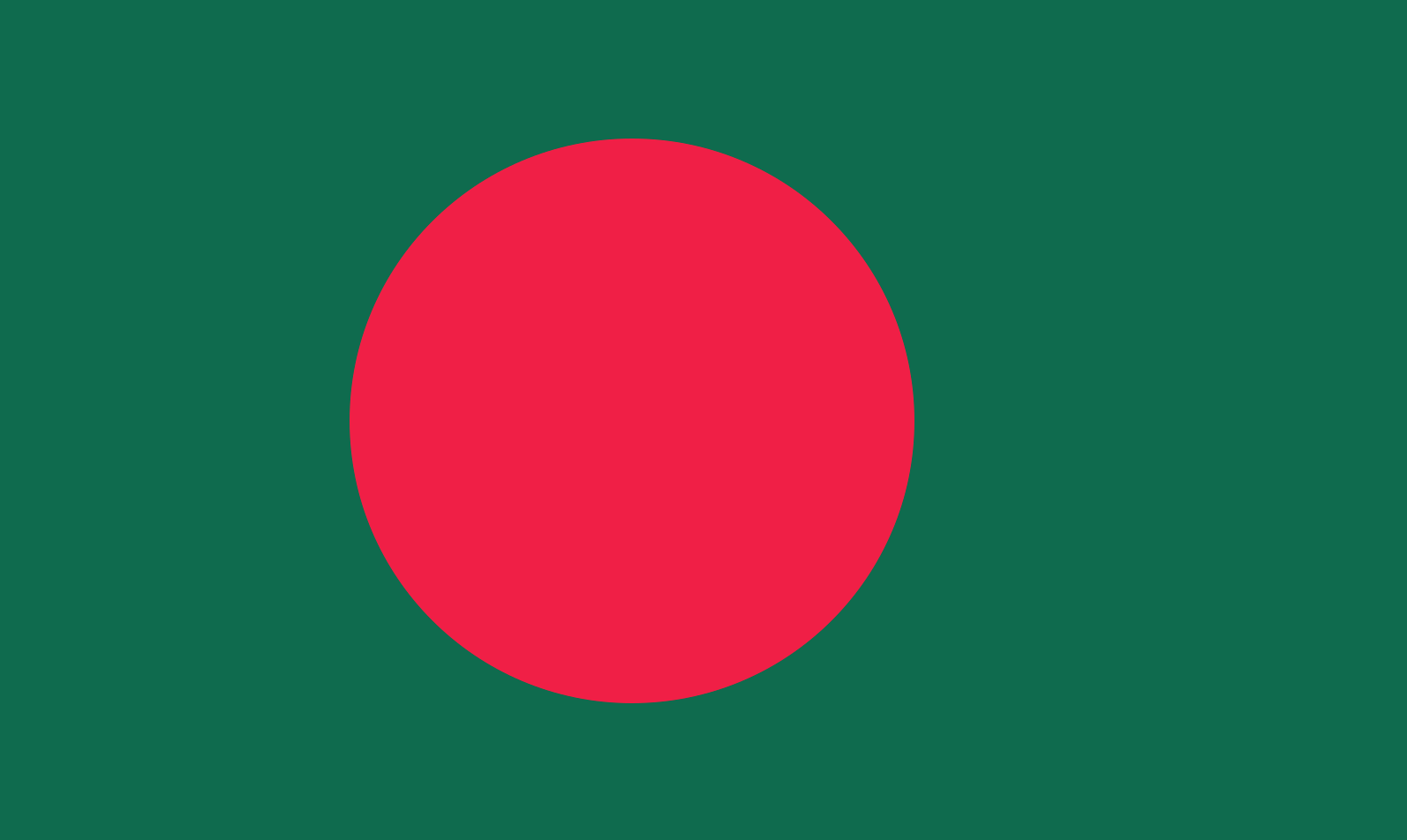
Mahfuza Mala and Farah Anzum
Mahfuza Mala and Farah Anzum supported the research activities conducted in Bangladesh, including the stakeholder workshop, key informant interviews, and focus group discussions.
